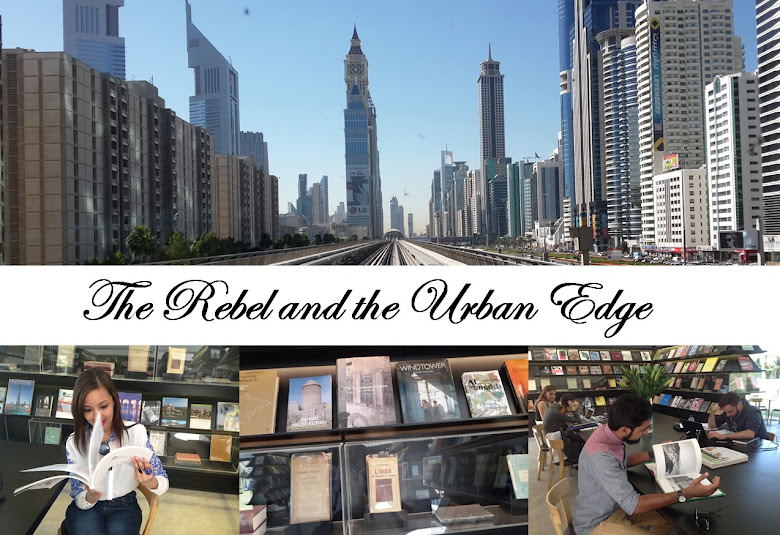A
book I came across called "The Anthropology of Justice", describes
Moroccan society about 60 years ago. In this society it was absurd
to describe someone, their position or achievements without also describing the
context of their surroundings.
Our context is who we are as much as our
individuality is. I recently had the good fortune of listening to some very
intimate stories about people I see everyday. I got to hear them speak about
the families they come from, what it was like for them growing up and the very
personal challenges they face. Without this context I would be blind to who
they really are.
When we meet someone we don’t introduce
ourselves as so-and-so, studying such-and-such, who was raised by a
single-mother, with an alcoholic father who was emotionally and/or physically
abusive. We’re not told the stories of mothers who failed in attempts to abort
their babies, out of the mouths of these babies now fully-grown profoundly
shaped by the context of that single experience.
Not all contexts are difficult and painful,
some contexts are privileged, some are blessed and these stories are also worth
knowing, these contexts are also worth describing – if for no other reason than
to inspire the types of stories we want told about us by the contexts we exist
in.
What
we do have is a CV, or an academic transcript. We have our Matric results. We
have business cards. These are supposed to represent who we are. We all
acknowledge that they can never paint the full picture but to a large extent we
rely on them to paint a pretty accurate picture, or contribute in a significant
way to the picture we have of someone we don’t know.
We
represent ourselves “objectively” through these tools, we show a self that is
easy for people to read and categorize. But, the de-contextualized versions
described encourage us to actually live a diluted version of ourselves. We are well
aware that others will never have full knowledge of us and, if this is the case,
why not tell the simple story of ourselves in the best way possible despite the
truth it hides?
But
in this truth is us, in this truth is us. In the context that we leave out is
the depth of our human experience with all its complexity and contradiction.
Yes, we can never be fully unpacked because there is always more to unpack,
more to examine, more to understand. Our contexts and the way they shape us
through our own reading of them are dynamic and infinite – in this way the
subjective is divine.
It
sucks that unless I picked up that book and interrogated the idea of
context-specific descriptions of individuals I might never have fully
appreciated that our lives are ever complex and never truly represented in
their complexities. I now accept this and try a little harder to understand
every person I meet in his or her context, and complexity. This recognition
makes it easier to understand, to forgive, to communicate, to appreciate, to
love, to accept.

No comments:
Post a Comment